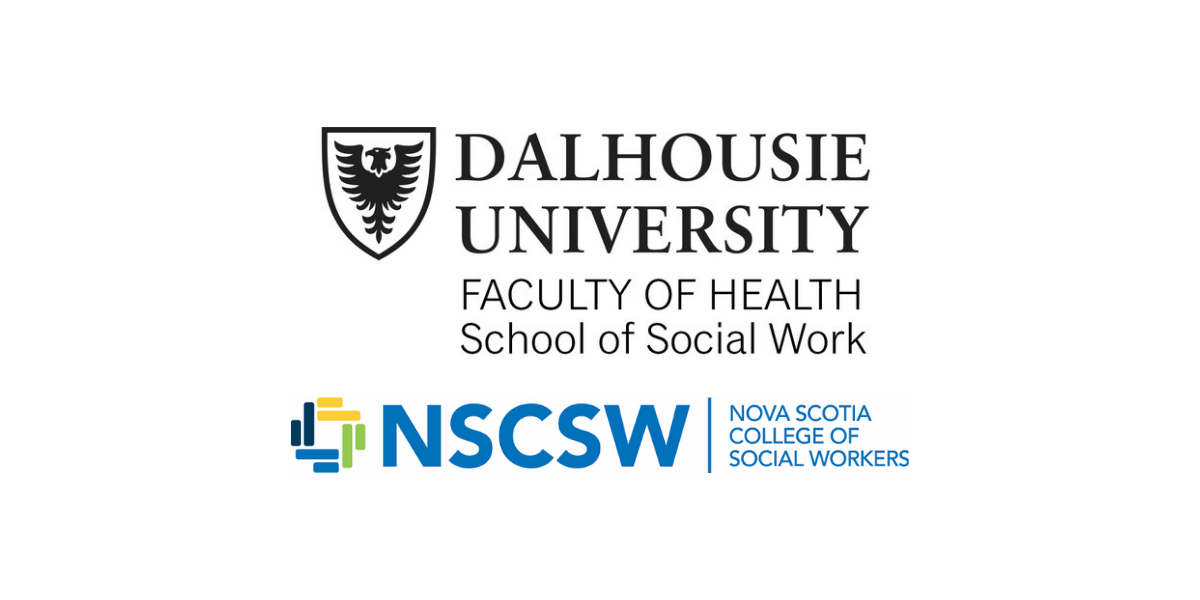
Dalhousie University’s School of Social Work + the Nova Scotia College of Social Workers
21 MARCH 2022
On 24 February 2022, the Government of Russia, under President Vladimir Putin, launched military action against Ukraine. Over the last three weeks, this action, which aims to destroy the Ukrainian nation and punish its peoples for NATO’s expansionist goals in the region, has escalated into a violent war.
Dalhousie University’s School of Social Work, together with the Nova Scotia College of Social Workers, condemns Russia’s imperialism and its efforts to keep Ukraine under its geo-political sphere of influence. We simultaneously stand against NATOs’ aggressive expansionist agenda in Eastern Europe. We also condemn the racial and nationality-based discrimination experienced by international students, mainly from the Global South, who do not possess Ukrainian citizenship, racialized Ukrainians, and Ukrainian Roma ethnics at Eastern European borders.
Close to 3 million Ukrainians have already fled the country. While most Ukrainians have been absorbed by the neighbouring countries, Poland, Slovakia, Hungary, Romania and Moldova, many will arrive in Canada.
Ukrainians will not enter Canada through existing pathways for migrants seeking state protection, which typically allow an asylum applicant, once recognized as a refugee, the right to apply for permanent residence immediately. Rather, the Canadian government has launched two programs to assist Ukrainian nationals wanting to enter the country: 1) a special family reunification sponsorship program that leads to eventual permanent residency; and 2) the Canada-Ukraine Authorization for Emergency Travel (CUAET) program, which allows an unlimited number of Ukrainians to enter on a temporary basis; importantly, CUAET does not offer permanent residency, relegating these already vulnerable people to precarity and limbo.
Immigration schemes only allowing migrants temporary entry and residency have been long criticized by migrants and their advocates. Duplicating the vulnerabilities embedded within, for example, the Temporary Foreign Workers Program, makes little sense for displaced people fleeing from violence and repression caused by an invading regime.
Temporary status also means that Ukrainians will not be eligible for Canada’s settlement programs, such as language classes, employment and housing assistance, and training programs, as well as other forms of state support.
As social workers and university educators, we stand in solidarity with those impacted by this violence; we oppose imperialism in all its forms; and we reject the differential treatment of migrants entering and seeking security in Canada. The School of Social Work at Dalhousie and the Nova Scotia College of Social Work urge the Canadian government not only to work toward bringing an end of this war, but also to ensure visa-free travel from Ukraine to Canada, as well as access to asylum, and access to the provision of permanent residency. We ask that this be extended to all Ukrainians, not simply those with family in and ties to Canada.
What we can do as social workers:
Locally
- Support local immigrant and refugee serving agencies and migrant rights groups
- Donate to the Ukrainian Canadian Congress: #HelpUkraineNow by supporting the Ukraine Humanitarian Appeal. Website: cufoundation.ca/
- Donate to the Red Cross’s Ukraine Humanitarian Crisis Appeal: donate.redcross.ca/page/100227/donate/1?locale=en-CA
- Donate to the Kyiv Independent, one of the best independent online publications covering the conflict: patreon.com/kyivindependent
- Buy perogies: find Perogies for Peace on Facebook and place your order. CBC story here: cbc.ca/player/play/2013937219661
- Email your MLA regarding the concerns named in the above statement: nslegislature.ca/members
Nationally
- Email your MP regarding the concerns named in the above statement: ourcommons.ca/en/contact-us
Internationally
- Follow and watch for updates from Social Work 4 Peace, which is liaising with Ukrainian social workers to amplify their needs to the international social work community: basw.co.uk/resources/psw-magazine/psw-online/social-work-peace-%E2%80%93-profession-responds-war-ukraine
- Donate to the Ukrainian Ministry of Social Policy, responsible for distributing humanitarian aid in Ukraine through a special fund for overseas sources of support: bank.gov.ua/en/news/all/natsionalniy-bank-vidkriv-rahunok-dlya-gumanitarnoyi-dopomogi-ukrayintsyam-postrajdalim-vid-rosiyskoyi-agresiyi
- Donate to the UK’s Disaster Emergency Committee which has partnerships with 15 NGOs and some contributions are matched by government: dec.org.uk





